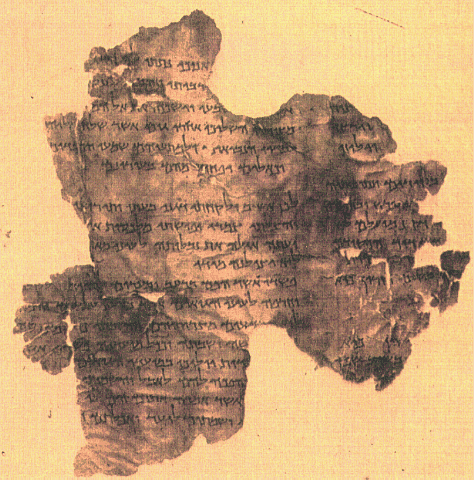Sermon Title:
Consequences for Rejecting
the True God
| |
You probably do not have the Flash Player installed for your browser!
|
|
|
| Matthew 6:24
(Part1) |
Deuteronomy
12:1-3 (Part1) |
Hosea 8:12-14 (Part3) |
| Matthew 6:33 (Part1) |
Deuteronomy
12:4-7
(Part2) |
1 John 1-9 (Part3) |
| 2 Chronicles
7:14
(Part1) |
Hosea 8:8-11 (Part2) |
|
| Hosea 8:8-14
(Part1) |
Proverbs 1:31
(Part2) |
|
What did God hate so much about
the 10 Northern tribes? After all that God had done for
His people, they rejected Him and
turned to false gods. These people asked for God's
blessings only to give them to other gods. Whatever evil
that they did they
wanted God to bless it. Many people today, are behaving
like these 10 tribes. They are living lies and not God's
truth. The ends
of such choices against a loving God will be disastrous.
If you choose to serve a false god, you will lose God's
favor, His
blessings, and His protection. |
| |
|
| Verses Referenced during the Sermon |
| Matthew 5:13
(Part1) |
John 4:1
(Part3) |
Genesis 47:1 to Exodus 1-22 (Part3) |
| Exodus 20:3
(Part1) |
1 Timothy 6:10
(Part3) |
Luke 12:48 (Part3) |
| John 14:6
John 14:27 (Part2) |
Daniel 3 (Part3) |
|
| Hebrews 11
(Part2) |
Exodus 20:2-17
(Part3) |
|
|
 |
Parchment - Copied late first
century B.C.E.
Height 17.5 cm (6 7/8 in.), length 16.8 cm (6 5/8 in.)
Courtesy of the Israel Antiquities Authority
Known as "The Hosea Commentary
Scroll" was first published by J. Allegro as the fifth
volume of the official publication series, "Discoveries
in the Judaean Desert." |
|
| |
| Traditional 12 Tribes Of Israel |
| Reuben |
Issachar |
Naphtali |
Benjamin |
| Simeon |
Zebulun |
Gad |
Joseph |
| Judah |
Dan |
Asher |
Levi |
|
| 12 Tribes (according to allotment of
land) |
| Reuben |
Issachar |
Naphtali |
Benjamin |
| Simeon |
Zebulun |
Gad |
Ephraim (Son of Joseph) |
| Judah |
Dan |
Asher |
Manasseh (Son of Joseph) |
Levites being priest
were not allocated land, except a number of cities located
within the territories of the other tribes.
(Joshua 14:3). Jacob elevated the descendants of Ephraim and
Manasseh (the two sons of Joseph by his Egyptian wife Asenath)
(Genesis 41:50) to the status of full tribes in their own right,
replacing the Tribe of Joseph (Joshua 14:4). |
Israel was divided during the reign of Rehoboam (son of Solomon
960s BCE). Israel (Northern Kingdom) rejected Rehoboam as their
king. Ten tribes formed the
Northern Kingdom: the tribes of Reuben, Issachar, Zebulun, Dan,
Naphtali, Gad, Asher, Ephraim,
Simeon and Manasseh. In addition, some
members of Tribe of Levi, who had no land allocation, were found
in the Northern Kingdom. The Tribes of Judah and Benjamin
remained loyal to Rehoboam, and formed the Kingdom of Judah (or
Southern Kingdom). Members of the Tribe of Levi, and the remnant
of the Tribe of Simeon was also part of the Southern Kingdom. |
| |
